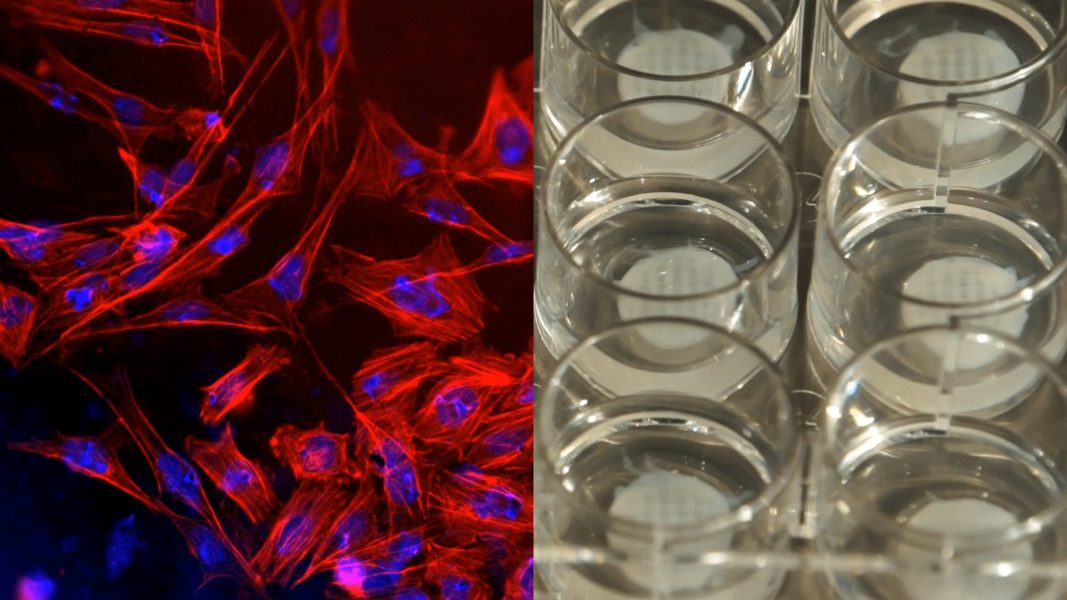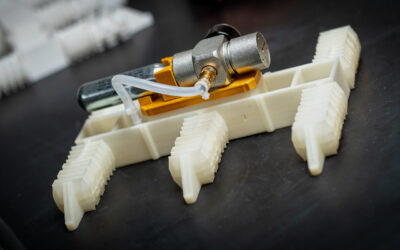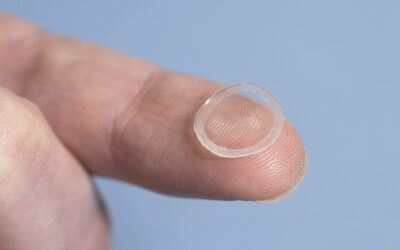Smart biomaterials for regenerative medicine are required to facilitate tissue repair while also being biologically active. Polyphosphate is a promising physiological biopolymer that is capable of hosting cells, which is essential for the repair of bone or cartilage. When polyphosphate is enzymatically cleaved it releases metabolic energy, acting as an extracellular energy-donating system.
In their article in Small, Professor Werner E. G. Müller, Professor Xiaohong Wang, their colleagues from the University Medical Center of the Johannes Gutenberg University, and their co-workers from the National Research Centre, Universitat de València, and the Max Planck Institute for Polymer Research demonstrate Ca–polyphosphate (polyP) nanoparticles (NPs) as a smart biomaterial for regenerative medicine applications.
Prof. Werner E. G. Müller: “We succeeded to prepare polyphosphate in a nanoparticle state and can store it for a long time. But, if these nanoparticles come into contact with body fluid, with proteins in the body fluid, they are transferred to a coacervate state, which is a physiologically active state. And here, the mesenchymal stem cells (MSCs) embed into, so we can say that polyphosphate is a feeding material, especially with respect to energy, for MSCs.”
The coacervate material could be 3D-printed to fabricate scaffolds for bone and cartilage regeneration. MSCs were seeded within the scaffold, demonstrating one of the functional applications of this material.
Prof. Werner E. G. Müller: “So, we are extremely optimistic that polyphosphate will become a very important and regeneratively active biopolymer which is required for the present-day tissue engineering.”
To find out more about polyP-based materials, please visit the Small homepage.

















